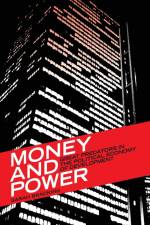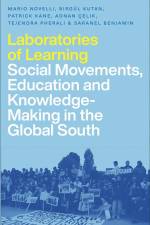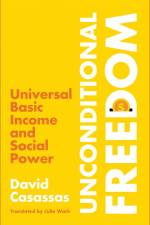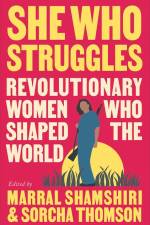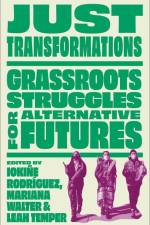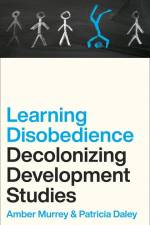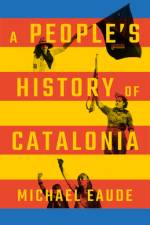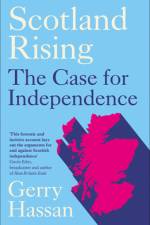von Duse Mohamed Ali
24,00 €
'An outstanding contribution to literary Pan-Africanism' -- Rey Bowen, University of Chichester'A compelling addition to the canon of Pan-African creative writing from the 1930s. The editors show how Ali brought to life core themes of African American literature for readers in colonial Africa' -- Stephanie Newell, Professor, Yale University'Ali was a major force in early twentieth-century Pan-Africanism. The introductory material ... offers essential tools for today's readers to appreciate this extraordinary yet previously inaccessible novel' -- Dr. Leslie James, Queen Mary University of LondonEre Roosevelt Came is a short novel by early Pan-Africanist Duse Mohamed Ali. Originally serialized in Ali's Nigerian magazine The Comet in 1934, it grapples with the rise of global fascism and white supremacy, and the growing geopolitical influence of the USA in the interwar period.This is a fantastical, intricately woven and speculative story about how Black American airmen, organizing in secret, fight an international assemblage of white supremacists and Russian foreign agents bent on instigating a new world war. The narrative reveals how Black liberation struggles, Bolshevism, and the rise of so-called "colored" Japanese empires were bound together in the Pan-African literary imaginary.Written by a Sudanese-Egyptian, serialized in a West African magazine, and set in the USA, Ere Roosevelt Came is a Pan-African novel par excellence, and a fascinating historical document that conveys the complexities of Black internationalism in the interwar years. The novel is presented with two original, contextualizing essays and appendices featuring selected other writings to provide further insight into Ali's vision of a Pan-African future.Duse Mohamed Ali (1866-1945) was a playwright, historian, journalist, editor, and publisher. He inspired many Black nationalists, including a young Marcus Garvey, whom he mentored. Marina Bilbija is Assistant Professor of English at Wesleyan University, Connecticut. Alex Lubin is Professor of African American Studies at Penn State University, Pennsylvania. He is the author of several books.




